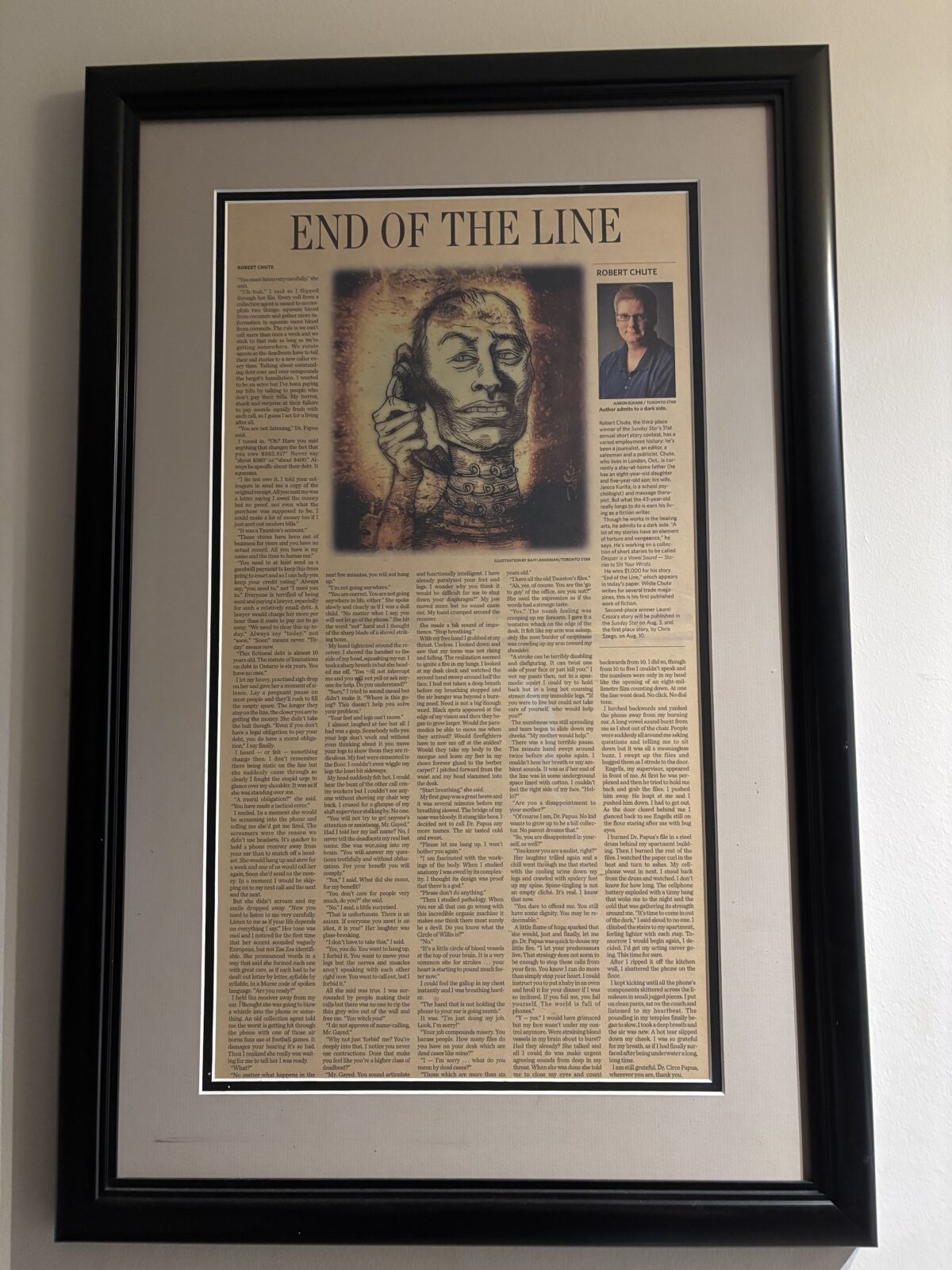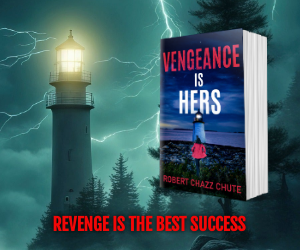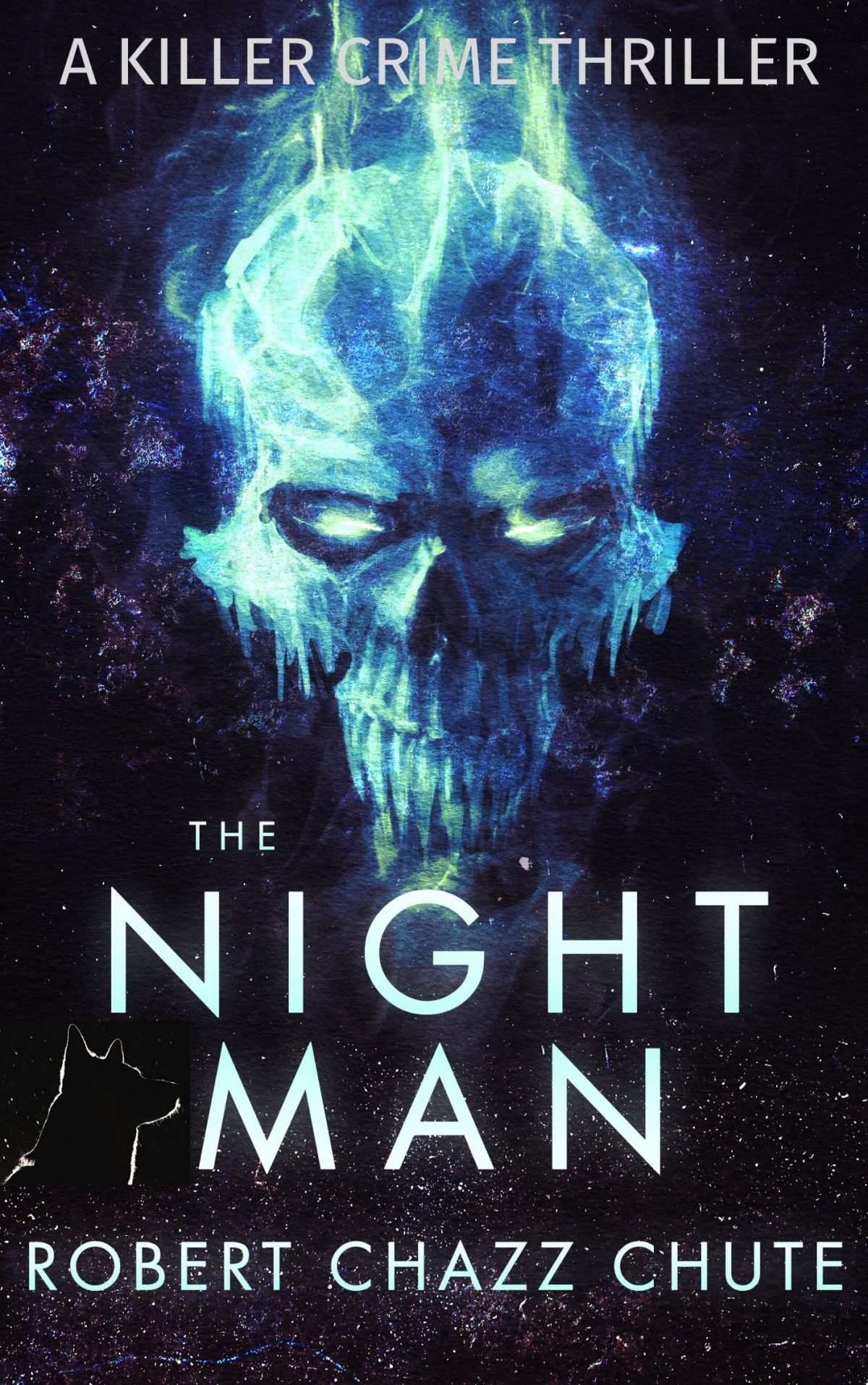Hint: You don’t.
Forgiveness versus Vengeance is one of the central themes of my next vigilante justice thriller. From Luigi Mangione’s actions to burning Teslas, this is a timely topic. Many turn away from these highly publicized acts of violence with little more than a shrug. There are good reasons for this. In the battle between the prefrontal cortex and the amygdala, fear wins. Fear is the emotion poorly hidden beneath anger. It’s a neurological response, and schadenfreude is baked into our brain’s wiring.
“Fear is the path to the dark side. Fear leads to anger, anger leads to hate, hate leads to suffering.” ~ Yoda
Yoda is quotable. It’s a good line (and you heard the Yoda voice, right?) However, I think he’s got it backward (which fits his typical grammar). Fear is a protective mechanism. Wariness of dangers increases our odds of survival. Frustration and fear lead to anger and resistance. The Jedi weren’t a bunch of pacifists. Hence, all the cool lightsaber duels. Those Jedi knights were down and out for quite a while but rose again to fight the Empire. I agree, don’t succumb to evil, but don’t be a chump, either.
For Mere Mortals, Forgiveness Isn’t So Easy.
Sixty-seven percent of people surveyed say they believe in forgiveness. Sounds good and upright, doesn’t it? Dig deeper. Fifty-six percent admit they don’t practice that virtue. I don’t blame them. Most would agree that forgiveness is healthy for the person doing the forgiving. However, no one instructs us how to forgive and forget. Instead., we get guilt-ridden platitudes that deny our humanity and our reality.
To err is human, to forgive divine, but we’re no angels.
I have an excellent memory, so how am I to forget? Frontal lobotomy? And if I forgive you your trespasses, do either of us learn anything? By refusing to forgive, I deny the offender the opportunity to trespass against me again. Sounds to me like carrying grudges is a safer course.
I asked my psychologist if she believes in forgive and forget. (When I say “My psychologist,” I refer to She Who Must Be Obeyed, AKA my wife.) She holds a doctorate in psychology and is the most sane person I know. That’s why I was so surprised when she did not hesitate to answer, “No.”
She acknowledges that forgiveness is difficult. In many cases, it’s an unreasonable expectation set by out-of-touch purists. The good doctor offered hope, though. She suggested, “Maybe the best you can do is to get to a place and time where you just don’t care anymore.”
“Or,” I countered, “write a massive hit thriller that’s packed with clever revenge fantasies to plague your real-life enemies!”
She’s going to start charging me for these sessions, isn’t she?







